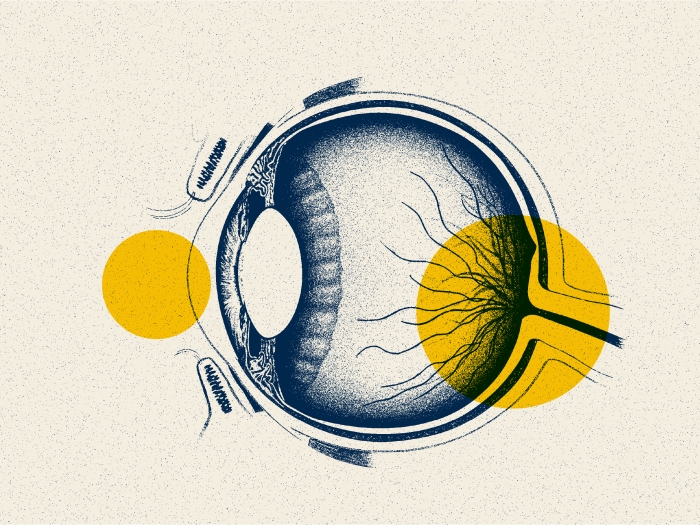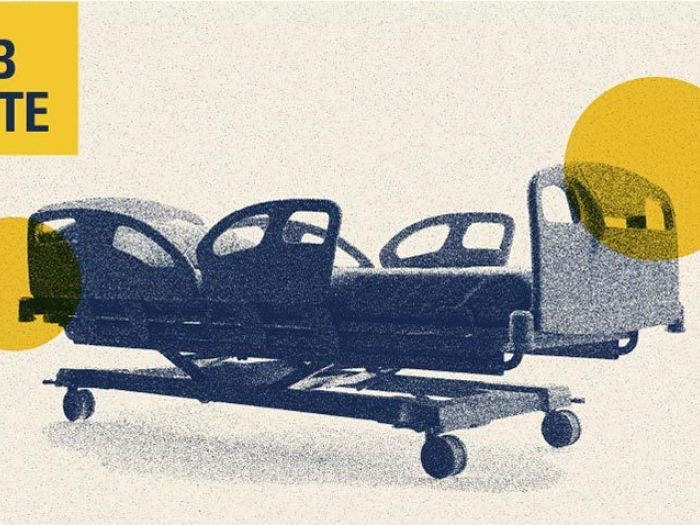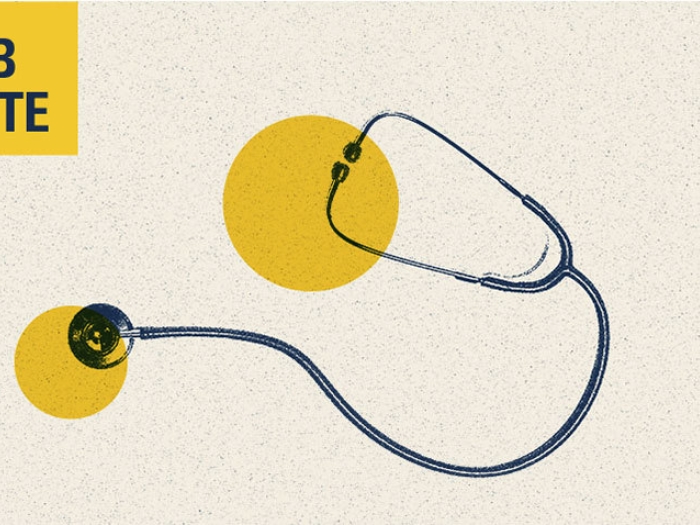Twenty years ago, research on the health impacts of being uninsured helped build the momentum that led to the Affordable Care Act. But new research shows that accessing care is still unaffordable for many, even after the ACA.
3:35 PM
Author |

Back in the year 2000, John Z. Ayanian, M.D., M.P.P. and his colleagues on the Harvard Medical School faculty quantified what 44 million American adults under age 65 were experiencing: The inability to access medical care and preventive health screenings because they lacked health insurance.
The financial barriers were especially pronounced for those who needed care most: those who said their health was poor or fair, or who had chronic conditions such as diabetes or heart disease.
Fast forward nearly 20 years. Healthcare costs have risen dramatically. The Affordable Care Act has been in full effect for six years, and approximately 20 million people under 65 have gotten health insurance coverage through its provisions.
However, nearly half of people who get their health insurance through their jobs now have high-deductible health plans, and most others have cost-sharing provisions in their coverage.
In this context, a team at Harvard has published a 20-year update to the study Ayanian led in 2000. The new paper is based on similar data, before and after the ACA's passage.
The study has some sobering conclusions. "Despite coverage gains since 1998, most measures of unmet need for physician services have shown no improvement, and financial access to physician services has decreased," the authors, led by Laura Hawks, M.D., write.
However, they do find that in the three years they studied after the ACA took effect in 2014, the percentage of Americans who said they weren't able to see a doctor due to cost has declined, particularly for people with lower incomes.
Still, for people with chronic conditions and no insurance in 2017, about 1 in 4 say they haven't had a checkup in the past two years.
In his invited commentary accompanying the new paper in JAMA Internal Medicine, Ayanian points to healthcare affordability as the next big challenge for policymakers, insurers and healthcare professionals to address. He now directs the University of Michigan's Institute for Healthcare Policy and Innovation.
"Moving forward, it will be crucial to reduce the proportion of US individuals who forego needed care because of the cost by expanding coverage to those who remain uninsured and slowing the growth of health care spending for those with insurance," he writes.
Ayanian is the editor of the new JAMA Health Forum, a platform for health policy-relevant writings. "Despite the notable gains in access to care for approximately 20 million Americans since the Affordable Care Act was enacted in 2010, the rising costs of health care are likely to be a prominent concern for voters in the Presidential and Congressional election this year," he writes in an Editor's Comment there.
Listen to Ayanian and Hawks discuss their respective findings in this JAMA podcast.
Paper cited: "Looking Back to Improve Access to Health Care Moving Forward," JAMA Internal Medicine. DOI: 10.1001/jamainternmed.2019.6764

Explore a variety of healthcare news & stories by visiting the Health Lab home page for more articles.

Department of Communication at Michigan Medicine
Want top health & research news weekly? Sign up for Health Lab’s newsletters today!





